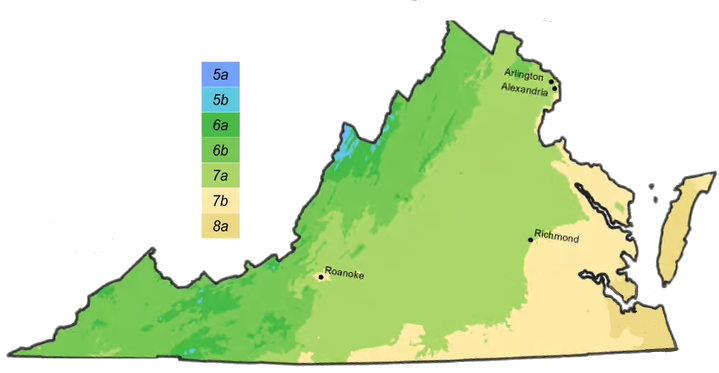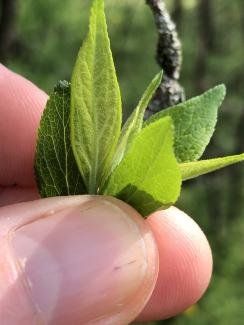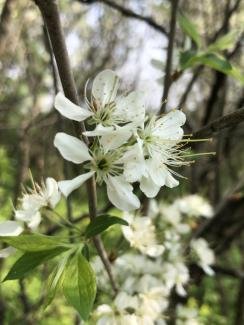
Habitat: rocky or sandy soils along streams, woodlands, pastures, fencerows. Disturbed forests, old fields, shrubby clearings, and fencerows. Infrequent but widespread throughout
Wildlife value: Its thickets provide good cover for songbirds and small mammals year-round. This plant provides nectar for pollinators and is a larval host plant for several species of butterflies. The fruits are eaten by songbirds, wild turkeys, quail, white-tailed deer, and small mammals. Deer also eat the twigs and leaves
Notes: As a tree, it typically grows to 10-20' tall with a broad, spreading crown. As a shrub, it suckers freely and can form large colonies. Remove suckers to prevent unwanted spread or to train into a small tree. It can form thickets with its thorn-like side branches so keep it will have to be maintained unless that is the desired result.
Poisonous to Humans
Poison Severity: Medium
Poison Symptoms: Symptoms include Gasping, weakness, excitement, pupil dilation, spasms, convulsions, coma, respiratory failure.
Poison Part: Leaves, Seeds (pits), Stems. The pits contain cyanide compounds, which are poisonous. If a couple of pits are accidentally swallowed, it will not cause poisoning. The pits are more poisonous if they are ground up/crushed or chewed. Fruit that has not been pitted should not be blended into a smoothie.
Carniola Farms Nursery
Nursery operates Arlington Native Plants & Edibles located at 925 N. Madison St. Arlington Virginia 22205. Plants can be purchased at any time by making an email appointment at carniolafarms@gmail.com. Also, during the during the planting season, they are open some Saturdays from 11AM to 3PM. Check their website for datesThis plant list is from the beginning of the 2025 season and may be out-of-date
| In Stock? | Notes | ||
|---|---|---|---|
| Yes | View My Wishlist |
Bona Terra Nursery
Small family-run native plant nursery with a focus on the local genetics necessary to restore diversity in the Chesapeake eco-region. Offers free remote design service for small gardens up to 400 square feet. Orders are placed via email and items can be picked up at their NW DC office or delivered for a fee. This plant list is from the beginning of the 2025 season and may be out-of-date
| Pots Available | Pot Size | Notes | Add to Wishlist | |
|---|---|---|---|---|
| 99 | 1 Gallon |
150 Three gallon available June 2025 |
View My Wishlist | |
| 0 | 3 Gallon |
150 Three gallon available June 2025 |
View My Wishlist |

